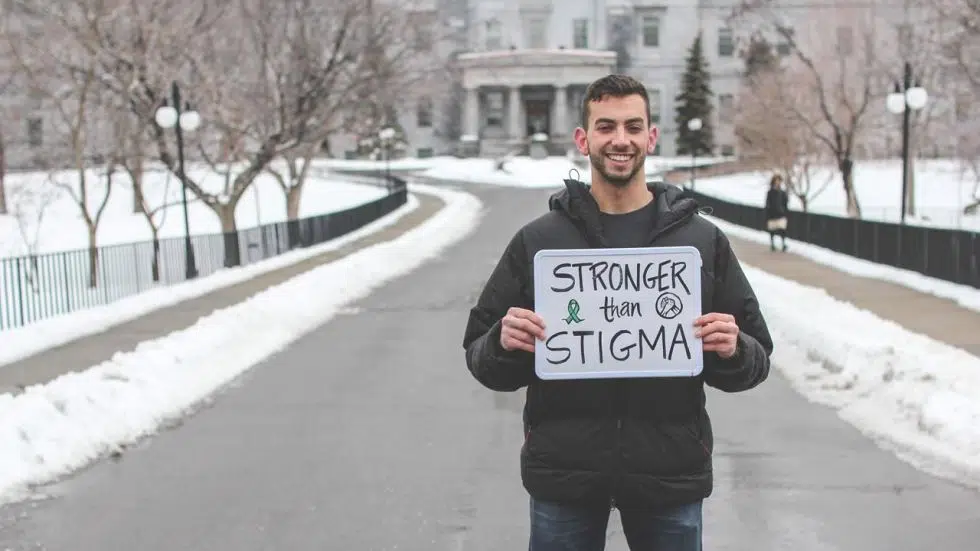
Free online mental health training for youth
Free mental health training for school students and young adults is now a feature of a new segment in online education. It has been launched ahead of the new school year.
The Saskatchewan Safety Council is a charitable non-profit organization and the new mental health segment for youth aged 14 to 21 was introduced as part of their Career Safety Education program.
“The program offers mental health strategies,” Community Relations Coordinator Merissa Scarlett told paNOW. “That goes over how to cope with stress in a good way, and how to handle the stress that comes with life events.”
Scarlett said everyone experiences stressors differently.


